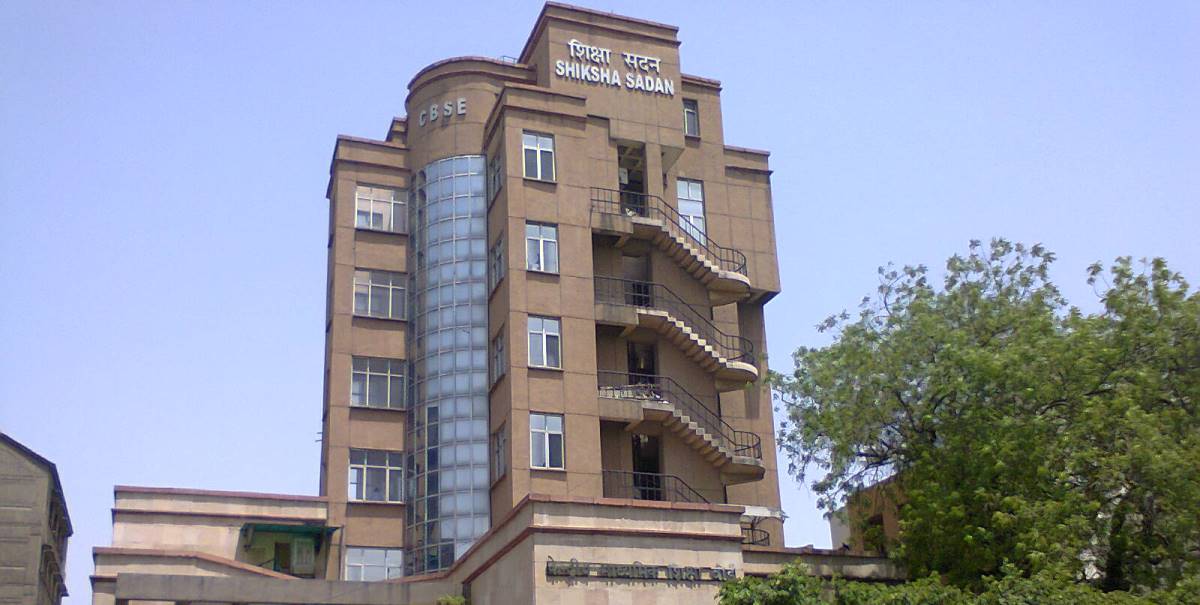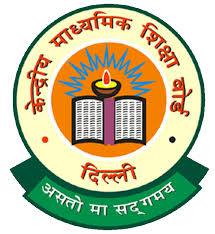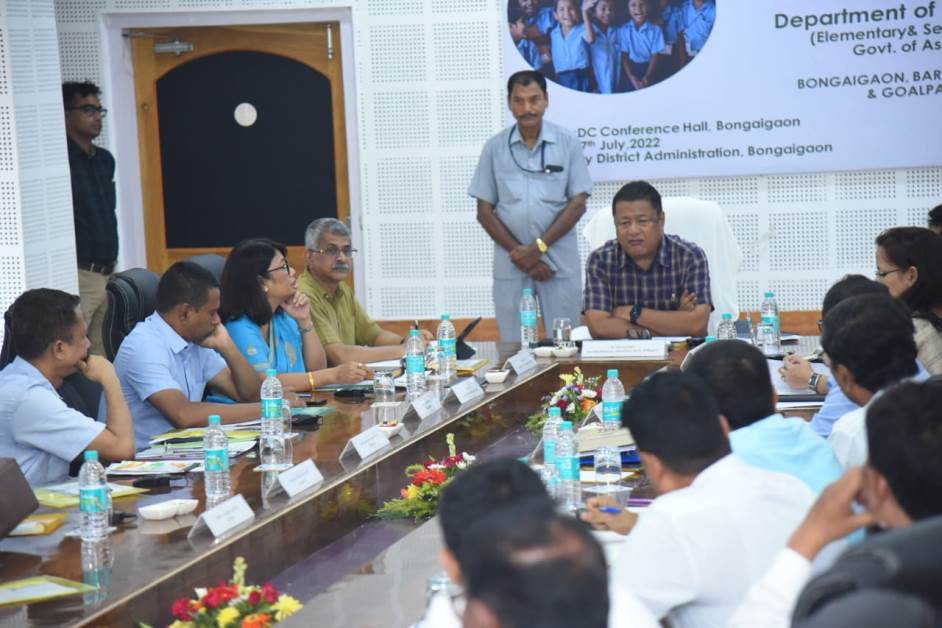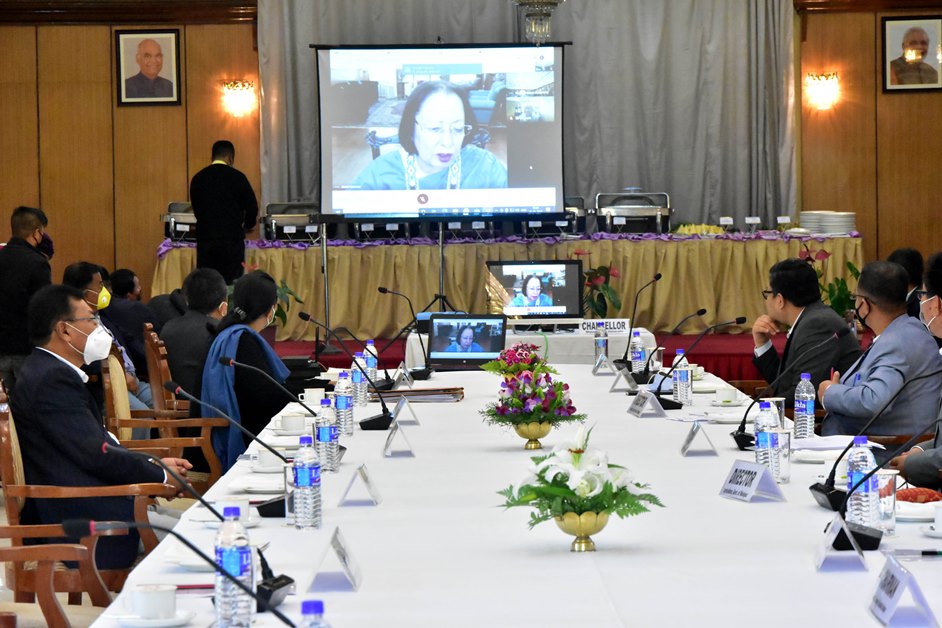CBSE has removed several subjects, including ‘Democracy and Diversity, the Mughal Court, and the Poems of Faiz Ahmed Faiz’ from the syllabus. But why?
 Satywan Saurabh
Satywan Saurabh

The Central Board of Secondary Education (CBSE) has introduced a chapter titled ‘The Mughal Court: Reconstructing Histories Through Chronicles’ from the Class 12 History Syllabus and Chapter on Cold War Era and Non-Aligned Movement, Social and New Social Movements from Class 12 Political Science Syllabus have been removed. Other chapters like Rising of Islamic Empires in Afro-Asian Regions and Industrial Revolution have also been dropped from Class 11, 12 CBSE Syllabus 2022-23.
A translated excerpt of two poems by Faiz Ahmed Faiz in the Urdu language under the section “Religion, Communalism and Politics – Communal, Secular State” has been removed from CBSE 10th Syllabus 2022-23. The poems have been removed from the NCERT textbook “Democratic Politics II”. Changes have been made in the CBSE syllabus 2022-23 released on April 21. The themes of “Impact of Globalization on Agriculture” from a chapter on ‘Food Security’ have also been dropped by the Board. Two posters and a political cartoon in the NCERT textbook were also removed.
“Democracy and Diversity”, a chapter in the Class 10 NCERT book that deals with social divisions and inequalities based on caste and caste in India and around the world, was also dropped from the new CBSE syllabus. Chapters such as “Popular Struggle and Movement” and “Challenges to Democracy” were also dropped. The chapter titled “Central Islamic Lands” dropped from CBSE Class 11 History syllabus deals with the rise of Islamic empires in the Afro-Asian regions and its implications for the economy and society.
Advertisements | 5E For Success

KRC Career Membership Program is the first step toward an evolved career-building support system powered by KRC Foundation. Ideal for students and job seekers. Mail resume to- 5eforsuccess@gmail.com WhatsApp: 9531090090
The chapter talks about the scope of Islam, its emergence, the rise of the Caliphate, and empire-building. The chapter in the CBSE Class 12 History syllabus titled ‘The Mughal Court: Reconstructing Histories through Chronicles’ deals with the history of Mughal courts. The chapter provides an insight into the social, religious, and cultural history of the Mughals. According to CBSE, the revision in the new CBSE syllabus has been done as per the recommendations of the National Council of Educational Research and Training (NCERT). But many teachers have questioned the removal of these chapters from the CBSE syllabus 2022-23.

Responding to allegations of curtailment of core subjects related to Islamic history and the democratic process, the CBSE board has said that the rationalization of the syllabus was done in line with the recommendations of the NCERT. A CBSE official was quoted as saying in the media report, ‘Teams of experts have worked on it. We will soon release a detailed statement on how the board has rationalized the syllabus. “CBSE annually offers syllabus for classes 9 to 12 which includes pedagogical material, syllabus for examinations along with learning outcomes, pedagogical exercises, and assessment guidelines.
Keeping in view the feedback of the stakeholders and other prevailing situations, the Board is in favor of conducting an annual plan of evaluation. A senior board official reportedly said the academic session 2022-23 ends and the syllabus has been designed accordingly. CBSE has already removed the chapter. In the year 2020, the board had said that it would not consider chapters on federalism, citizenship, nationalism, and secularism in class 11 political science textbook for evaluation of students. But these themes were later reinstated after a dispute.
In subjects related to Political Science or Civics, the curriculum rationalization policy of the CBSE Board has also been criticized. According to media reports, several experts and teachers have pointed out that key chapters related to democracy and diversity, popular struggle and movement, and challenges to democracy have been kept out of the syllabus. The chapter on Democracy and Diversity deals with social inequalities based on race, class, and caste, while the other two chapters throw light on popular protests and movements that have been a part of democratic history.
CBSE will likely switch back to a single board exam format from 2022-to 23 as the syllabus shared with CBSE schools hints at the same. Board officials said last week that the decision to conduct two board exams was taken due to the Covid-19 pandemic and a final call for board exams would be taken further. CBSE annually provides educational material for classes 9 to 12, syllabus for examinations along with learning outcomes, pedagogical exercises, and assessment guidelines.

Satyavan ‘Saurabh’, is a Research Scholar, Poet, Independent Journalist, Columnist, All India Radio and TV Panelist
Advertisements | KRC Foundation





